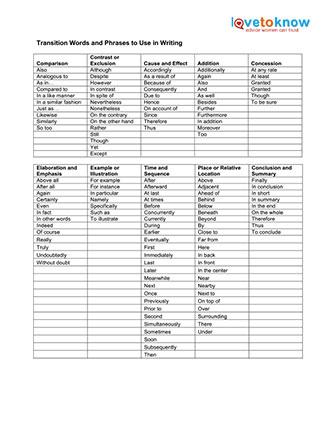
The phrase "basic industry" generally refers to production-oriented businesses that manufacture or process items or materials that are supplied to other industries to use in finished products. For example, a sheet metal company that produces the material used by car manufacturers to build cars would be a basic industry. Jobs within the basic industry sector are an important part of the economy and provide good opportunities for production-minded individuals to earn a living.
Agriculture
The basic industry of agriculture is where the vast majority of vegetables, fruit, grain, eggs, and meat products in the food supply chain come from. Some items are sold directly to consumers, but most are provided to other industries that use them to produce food that is sold commercially. For example, the loaf of bread or box of pasta that you purchase in the store started as grain on a farm. Career paths in agriculture include:
- Agricultural production worker
- Agronomist
- Animal scientist
- Food scientist
- Plant scientist
Metal Production
Metal components are used to produce and/or maintain many kinds of consumer and industrial products. For example, things like bridges and commercial buildings cannot be built without iron and/or steel beams. All kinds of vehicles (cars, motorcycles, trucks, tractors, and more) are made primarily of metal. Even jewelry manufacturing requires metal. There are many types of basic industry metalworking careers.
- Ironworker
- Machinist
- Metal fabricator
- Sheet metal worker
- Tool and die technician
Chemical Manufacturing
Chemical production is a core basic industry, as chemicals are used in a wide variety of industrial applications and consumer products. From plastic products to cleaning products, pretty much anything produced via a manufacturing process uses some sort of chemicals. Even for items that don't actually include chemicals, chances are, chemicals are used to clean and sterilize the equipment used to make them. Basic industry careers in chemical manufacturing include:
- Chemical engineer
- Chemical technician
- Chemist
- Materials scientist
- Plant operator
Mining/Oil and Gas Extraction
Many basic industries jobs are within the mining/oil and gas sectors. These jobs involve locating and extracting substances that can be refined and used for energy. Mining jobs usually focus on extracting coal, ore, or minerals, while those in oil/gas production focus on extracting crude oil or natural gas. There are many types of jobs in this sector, including jobs in the hydraulic fracturing (fracking) industry. Occupations include things like:
- Geoscientist
- Miner
- Offshore/oil rig worker
- Oil field worker
- Petroleum/geological engineer
Textile Production
People who work in textile production are typically employed in textile mills. These are the places where cotton and other fibers (some natural, some synthetic) are converted into thread or yarn, then used to produce fabric, which is widely used to make all kinds of things, from clothing and bedding to flooring and upholstery. Examples of basic industry textile jobs include:
- Machine operator
- Textile converter
- Textile designer
- Textile technician
Utility Providers
Utilities such as electricity, water, or heat are core basic industries. Utility services are necessary for all other businesses to operate, as well as for the safety, health, and well-being of individual consumers. There will always be a need for workers to staff power plants, water/sewer services, and gas companies. There are also opportunities with utility providers that specialize in green energy, such as solar or wind power and geothermal heating. Career paths with utility providers include:
- Field installers/technician
- Plant operator/technician
- Utility engineer
- Utility inspector
- Wastewater treatment operator
Wood/Pulp Production
Forest products are harvested and put through a manufacturing process to create the finished wood used to build structures, furniture, and other items. Some trees are harvested for paper production, which can also be done with what is left over after sawmills convert larger trees into boards. Paper production starts with pulp production, which is then used to manufacture all types of paper products. Jobs in this basic industry sector include:
- Logger
- Sawyer
- Woodworker
- Pulp/paper mill operator
Basic Industries Provide Sound Career Opportunities
As long as goods need to be manufactured and assembled, there will be plenty of job opportunities within businesses that serve a basic industry function. Basic industry jobs are great for people who want a job that is very hands-on in a production-oriented environment. These are not easy jobs, but they do tend to pay fair wages and provide steady work. The skills one learns while working in basic industries are very valuable, and can help pave the way to being considered for other types of manufacturing or production jobs in the future.







